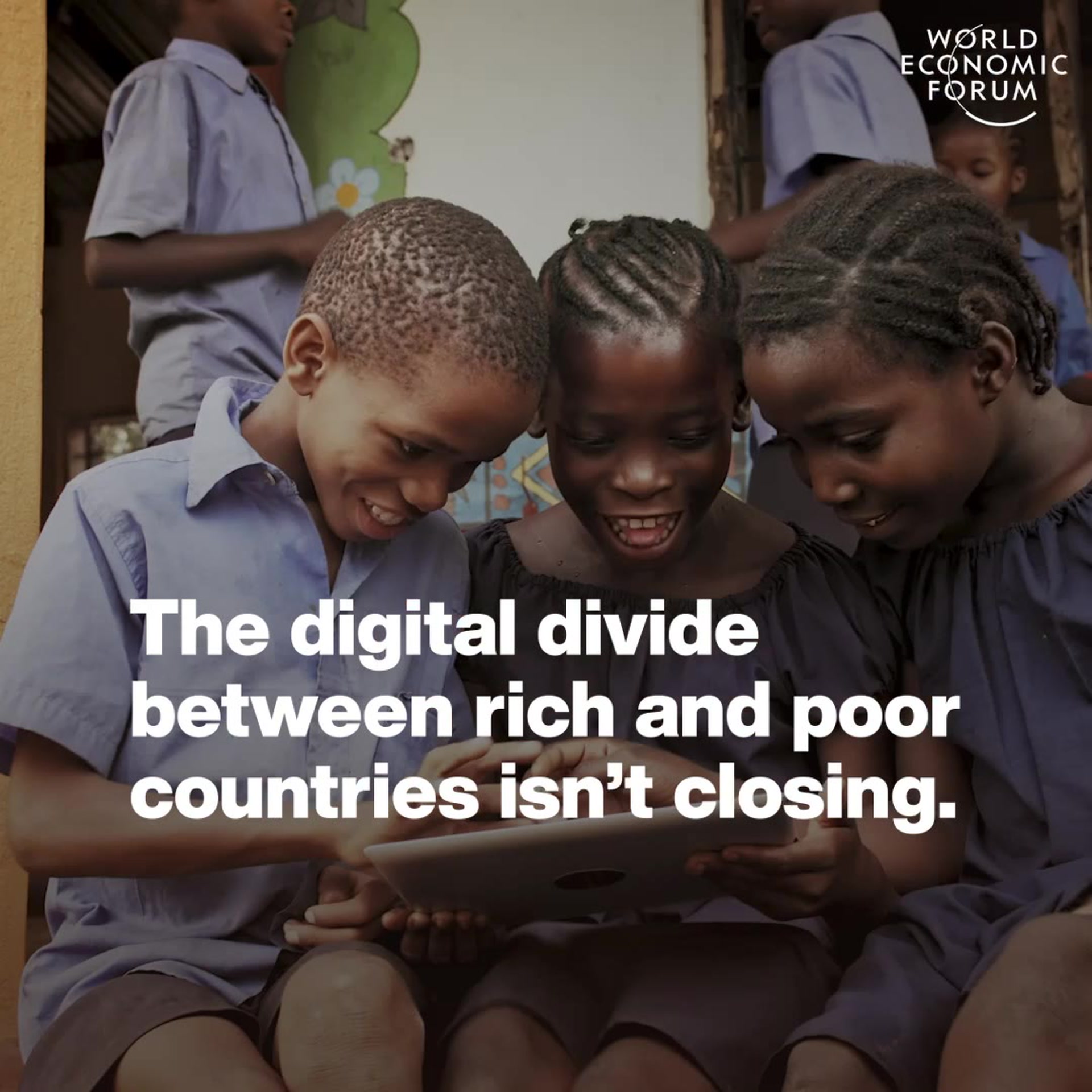Why every company should embrace data


Get involved with our crowdsourced digital platform to deliver impact at scale
Stay up to date:
Data Science
If I asked you what your company did, what would you tell me? It sells cars? Develops software? Serves food?
You might say any of those and more – it doesn’t really matter. You’d be wrong.
Let’s back up. What is the essence of business? It’s not sales, it’s not marketing, and it’s not products.
It’s understanding your customer.
Do you think Nike is a shoe company? Of course not. Nike is a data company that happens to sell shoes. Nike gets this, which is why they pushed the FuelBand so hard (and are now pushing their health tracking app after the FuelBand failed). Success doesn’t start with understanding shoes. Success starts with understanding when, why, and which people buy shoes.
If you don’t recognize this, then you’re going to be in for a rude awakening. Businesses have been able to coast along without incorporating data analysis into their strategy, even though every company collects data whether they realize it or not. But oh the times, they are a-changin’.
Big data is the new digital divide, and you need to stop thinking that you’re too small, you’re too busy, or you don’t need to pay attention.
We often look to newer companies, born in the cloud, as stand-alone models of big data collection and implementation. That way of thinking is naïve. As stated before, data analysis and application of that data have always been core components of business. The only difference between young and traditional companies lie in embracing changes in the data landscape.
As the sheer amount of data available for collection has grown exponentially, so have the tools used to collect, analyze, and implement it. New companies naturally adopt these tools to start with. Transitioning businesses either work with these changes or ingenuously ignore them, failing to grasp the similarities in what they do and what can be done once you strip away the big data jargon and buzzwords.
Information isn’t a fad. I don’t think any business owner is willfully dismissing data tools if they understand them. But companies need to adapt.
This is one of those rare moments where the world is frozen, building energy, before a paradigm shift. Right now, everyone has more data than they know what to do with. In our new Internet of Things,products are springing up because someone figured out that they could do something, rather than deciding if there was a consumer need. Soon, however, leveraging and incorporating big data into your business process will transform from a competitive advantage into a requirement to compete in the market.
Again, I don’t believe most business owners would deny the importance of knowing their customers. What I believe is that there is a certain level of cognitive dissonance today when it comes to meshing that view with trends in big data. As companies learn more about their consumers and realize ways to engage with them better and on a more personal level, entire business models are going to change. And you can either be on that train or get left at the station.
This article is published in collaboration with Smart Data Collective. Publication does not imply endorsement of views by the World Economic Forum.
To keep up with the Agenda subscribe to our weekly newsletter.
Author: Emory Paine is a marketing specialist at Semcasting, Inc.
Image: An illustration picture shows a projection of binary code on a man holding a laptop computer. REUTERS.
Don't miss any update on this topic
Create a free account and access your personalized content collection with our latest publications and analyses.
License and Republishing
World Economic Forum articles may be republished in accordance with the Creative Commons Attribution-NonCommercial-NoDerivatives 4.0 International Public License, and in accordance with our Terms of Use.
The views expressed in this article are those of the author alone and not the World Economic Forum.
Related topics:
The Agenda Weekly
A weekly update of the most important issues driving the global agenda
You can unsubscribe at any time using the link in our emails. For more details, review our privacy policy.
More on Fourth Industrial RevolutionSee all
John Letzing
April 29, 2024
Pooja Chhabria and Michelle Meineke
April 28, 2024
Jeremy Jurgens, Basma AlBuhairan and Arunima Sarkar
April 28, 2024







